How far do the limits of self-censorship go?
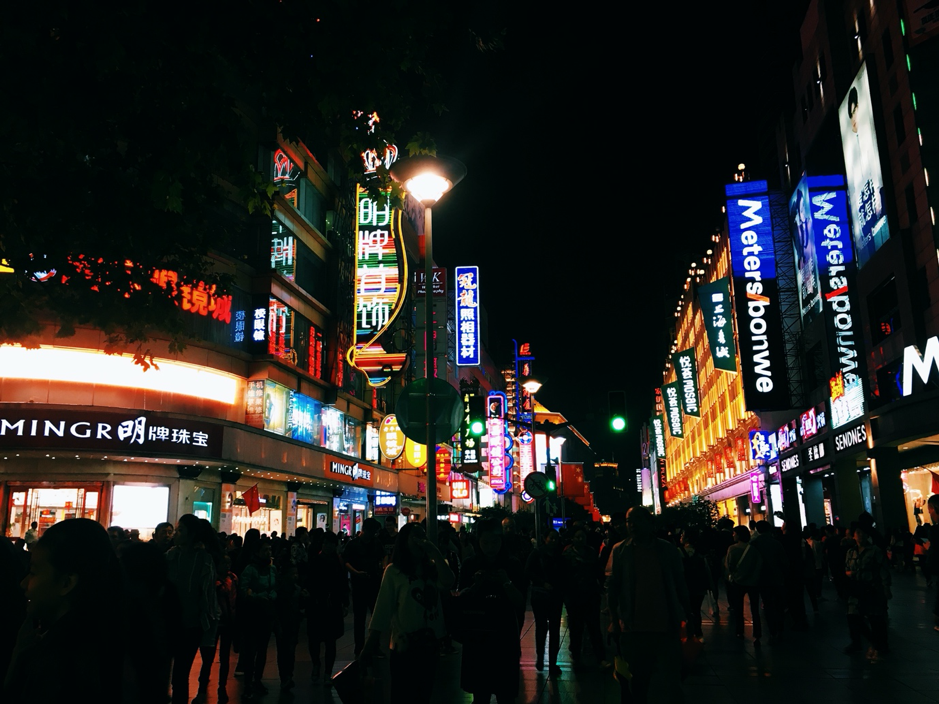
Shanghai. (Photo by Luisa Gonzalez Boa)
“Ah no, you are advised against writing about human rights in China” was the answer we got when we presented our topic idea for our first exam on our master’s program, in September 2018.
I honestly don’t even remember what our idea was, but those 12 words haunted me for the rest of my master’s – and most likely even beyond.
Going on exchange to China in 2017 was one of the experiences I hold dearest. It changed my life, I felt home and safe in Beijing. And as such, I didn’t even doubt for a second when I applied for the MSocSc in Public Management and Social Development at CBS.
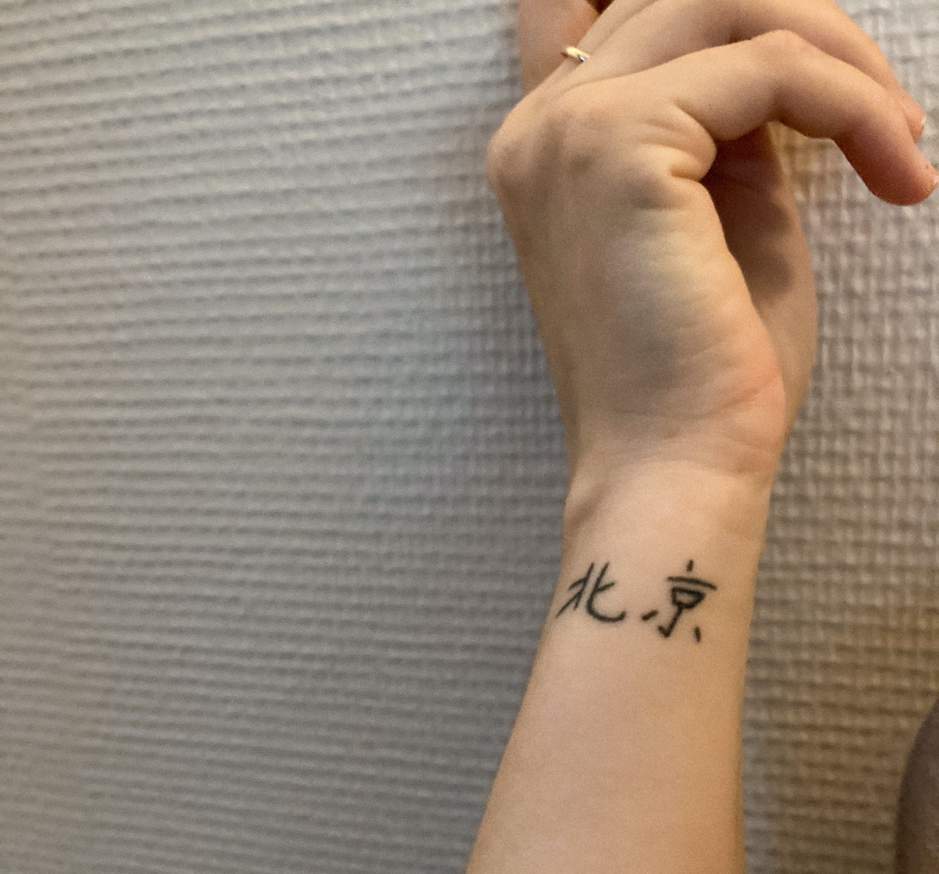
My wrist tattoo. Beijing. (Photo by Luisa Gonzalez Boa)
I obviously knew that China had (and has) censorship and the Great Firewall regulating the internet domestically. But I never expected that, after just one year studying there, I would carry with me a constant fear of speaking up on certain topics and beliefs – this is self-censorship.
Back to the story. In our first exam, we were told that a topic in relation to human rights was not recommended in China, and for me, a newbie to the field of political science, that was hard to take. Regardless, my group and I just decided to let it go and choose a different topic, bringing up the experience sometimes as a joke in conversations. The laughs always carried a feeling of sadness and a slap of reality: We were living in a country where we can’t talk about human rights or write about human rights. What else are we not allowed to talk about?
The second semester came and with it, our thesis seminar. During the seminar, we were told that if “our thesis contained sensitive information for the Chinese Communist Party” we wouldn’t obtain our Chinese degree. Alright. Fair enough. It is China, there is censorship, they don’t want to give us the Chinese degree if we say something they don’t agree with, I accept that. Nonetheless, every one of us has a Chinese supervisor for the thesis. In addition, the panel will be composed of Chinese academics who will ask us the questions, guide the discussion and ultimately, decide our grade for our Danish degree. Therefore, now we are talking about compromising our Danish degree issued by CBS if we write “sensitive information for the Chinese Communist Party” in our thesis. That’s something to think about.
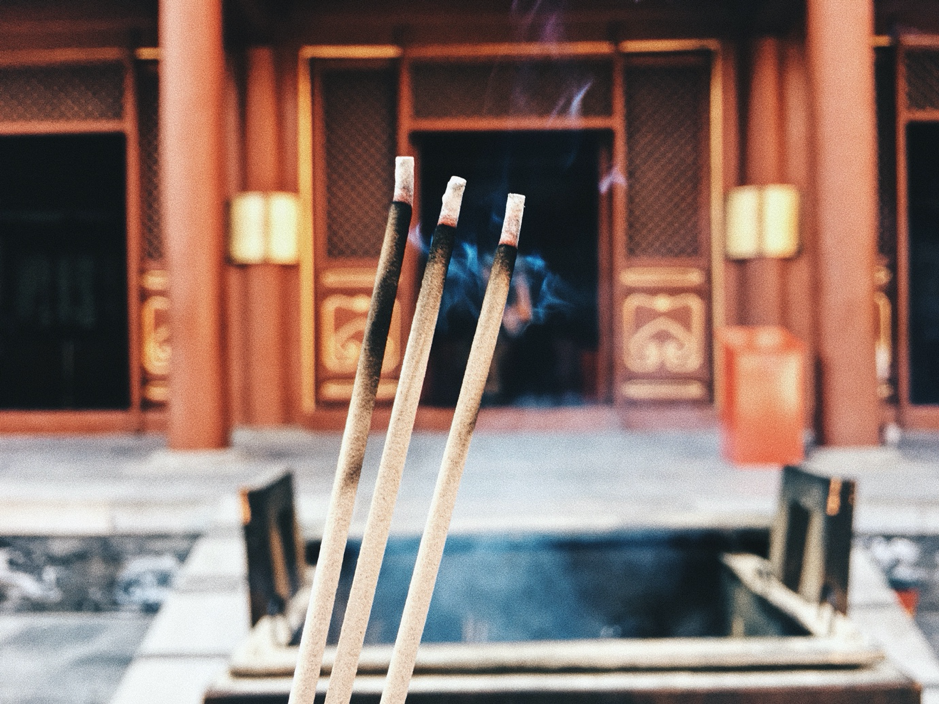
Beijing. (Photo by Luisa Gonzalz Boa)
It also raises the question: what exactly is considered sensitive information? I could continue down the spiral that students followed when thinking about the topic. In no way am I implying every student is bothered by this. Some of them simply decided to go for another topic or to write something about China that isn’t controversial, which is totally acceptable and very sensible. But when I have several classmates that have said “I am so happy I decided on a thesis topic not concerning China”, we know it’s not a good thing, because maybe we won’t be affected by Chinese censorship, but indirectly we already have by self-censoring in either purposely choosing a topic not related to China, or by just being happy their interests are not related to the country.
I am not sure whether my thesis will contain “sensitive information”, but I do know that I specifically chose the period at the beginning of the 1990s to avoid any mention of the Tiananmen “incident” of 1989. Self-censorship. I had heard before that in China, students and other academics self-censor themselves when they touch upon controversial topics – and that, at some point, it becomes almost automatic in your mind. When I first heard it, I was confused and, to some extent, I also felt it was impossible to self-censor aspects of your thoughts. It actually isn’t.
Now it has been over a year since my unfortunate experience supporting the Hong Kong democracy protests on WeChat; and, to be honest, I am not angry anymore.
Since then, I have been afraid about what to post on my personal Western social media. Just last month, I shared an article from The Economist on my Facebook profile on the devastation of a Chinese rural village with news of villagers forced to move, and 5 minutes later I got a message from my dad asking me to delete it. He is neither for nor against China, he is just afraid that I would get expelled. I have also refrained from continuing to raise awareness of human rights abuses in Xinjiang and publicly supporting HK, and I have deleted my profile on WeChat, losing many contacts but gaining some peace of mind.
Moreover, for the past year, I have carried the feeling of hope that it will be over for me once I graduate, but it won’t. It won’t because I will always be afraid that my actions can compromise the people I love, and it won’t because I carry the memories of this experience. Perhaps I am overreacting, and nothing will happen. In fact, it is very likely that nothing will happen to me. That doesn’t make the fear less real.

Shanghai. (Photo by Luisa Gonzalez Boa)
I am not angry anymore. No. I am just incredibly sad. Because for some time, Beijing was my home. And I will always carry China with me, I will continue learning the language, immersing myself in the culture and traditions, cherishing the good things that the country brought into my life and, in any case, I will always have a tattoo with the word Beijing and the hope that I will visit the country again someday and feel safe doing so.
Censorship in China and in our academic papers will not affect those who are not critical of the things that China is trying to avoid, no doubt. But that doesn’t mean censorship isn’t there. And in any case, as with everything in life, “it doesn’t affect you” until it does. I never thought I would be self-censoring what I post on Facebook, but here I am.
And now with the New Security Law in Hong Kong, which concerns literally every human being on the planet, this is a salient issue. Let’s keep fighting for freedom of speech and academic freedom together.
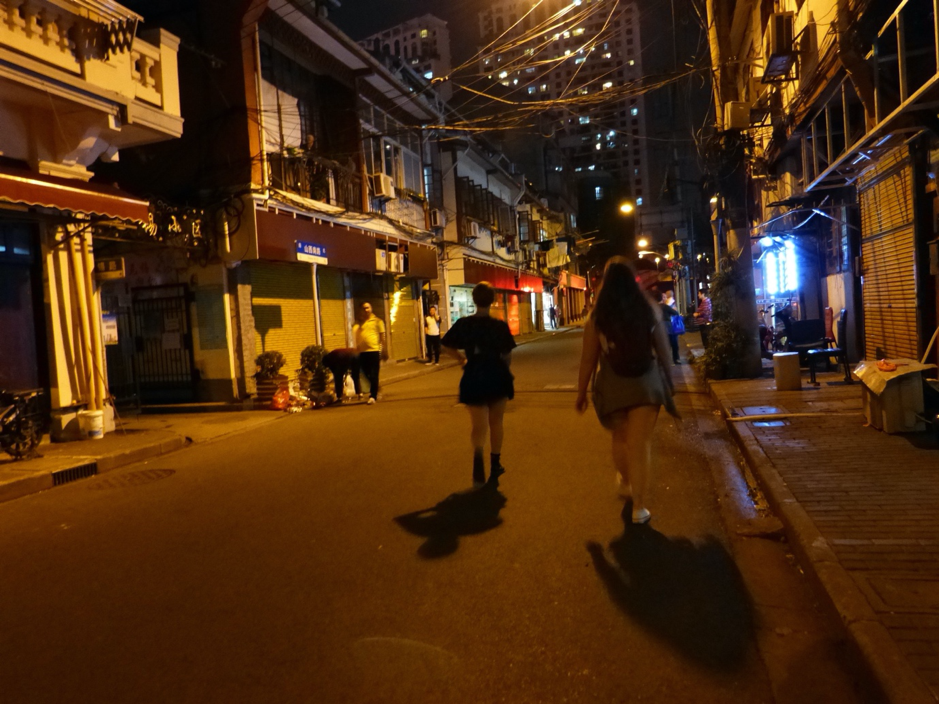
Shanghai. (Photo by Luisa Gonzalez Boa)



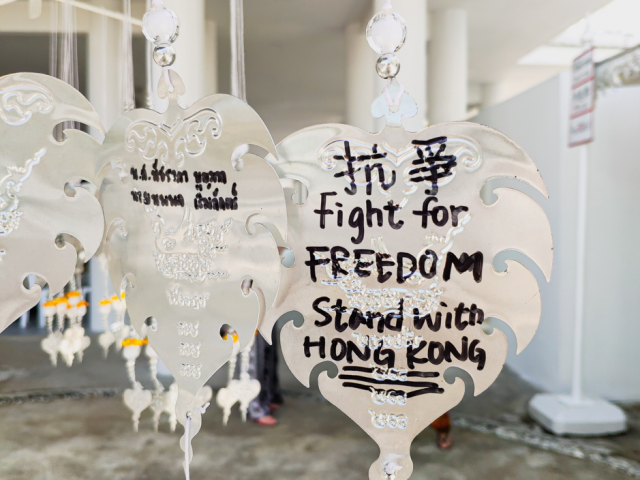
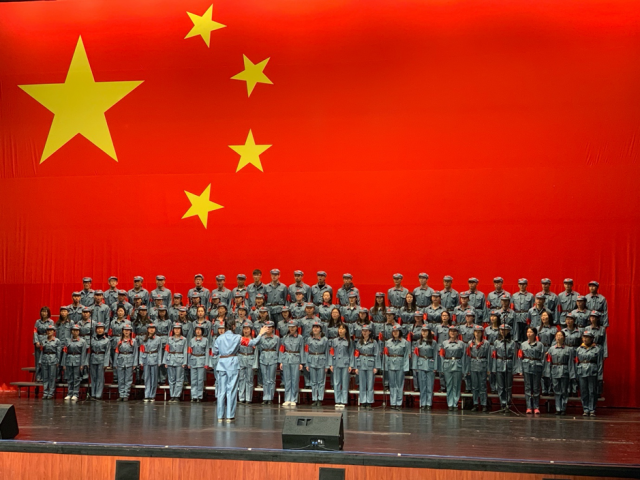

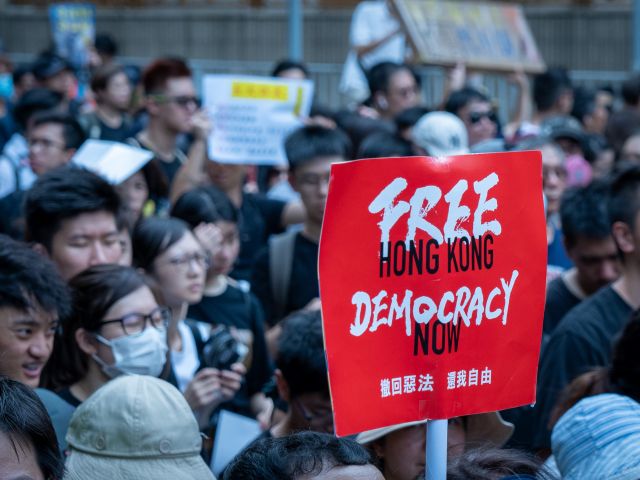




























































































































Comments